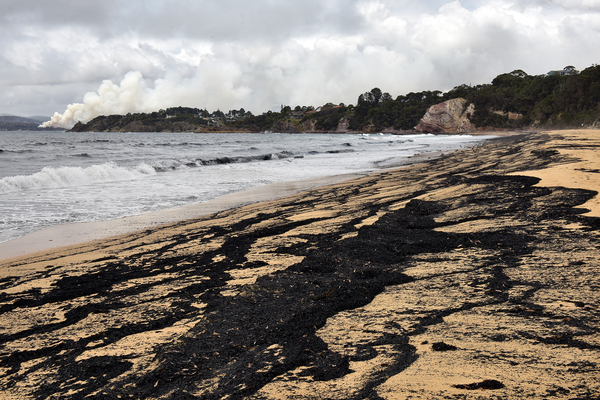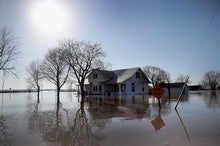 |
| February 03, 2020 |
Dear Reader,
Wildfires ravaging Australia have killed an estimated one billion terrestrial animals, but researchers worry marine and freshwater species will become uncounted victims. In Bangladesh, experts are alarmed by the loss of 32 orchid species native to the country. They say the flowers face similar problems around the world. And in Borneo, a team argues that instead of undertaking "rescue" operations in which orangutans found on agricultural land are relocated, conservationists should try to bolster the animals' survival where they currently are. |
| | Sunya Bhutta, Senior Editor, Audience Engagement
@sunyaaa | |
 |
| |
| |
| |
| |
| Space Surfing a Supernova In principle, an advanced civilization could use blasts of light from exploding stars to accelerate spacecraft to extraordinary speeds | | | | |
FROM THE STORE
 | | The Influenza Threat: Pandemic in the Making The onset of cold weather brings out the boots, coats, gloves – and the stoplight-red "Flu Shots Available Here" signs in drugstore windows. For many scientists and public health specialists alike, flu season has become a little like Russian Roulette. The likelihood of a deadly pandemic outbreak of influenza is not far from reality considering the nature of some of the different viral strains. In this eBook, we delve into the science of the flu, starting with past pandemics and what we can learn from them. |  | | |
| |
FROM THE ARCHIVE
 | | | |
| QUOTE OF THE DAY
 "Here we are, the most clever species ever to have lived. So how is it we can destroy the only planet we have?" Dr. Jane Goodall, Primatologist | |
| |
LATEST ISSUES
 |
| |
| Questions? Comments?  | |
| Download the Scientific American App |
| |
| |


















Comments
Post a Comment